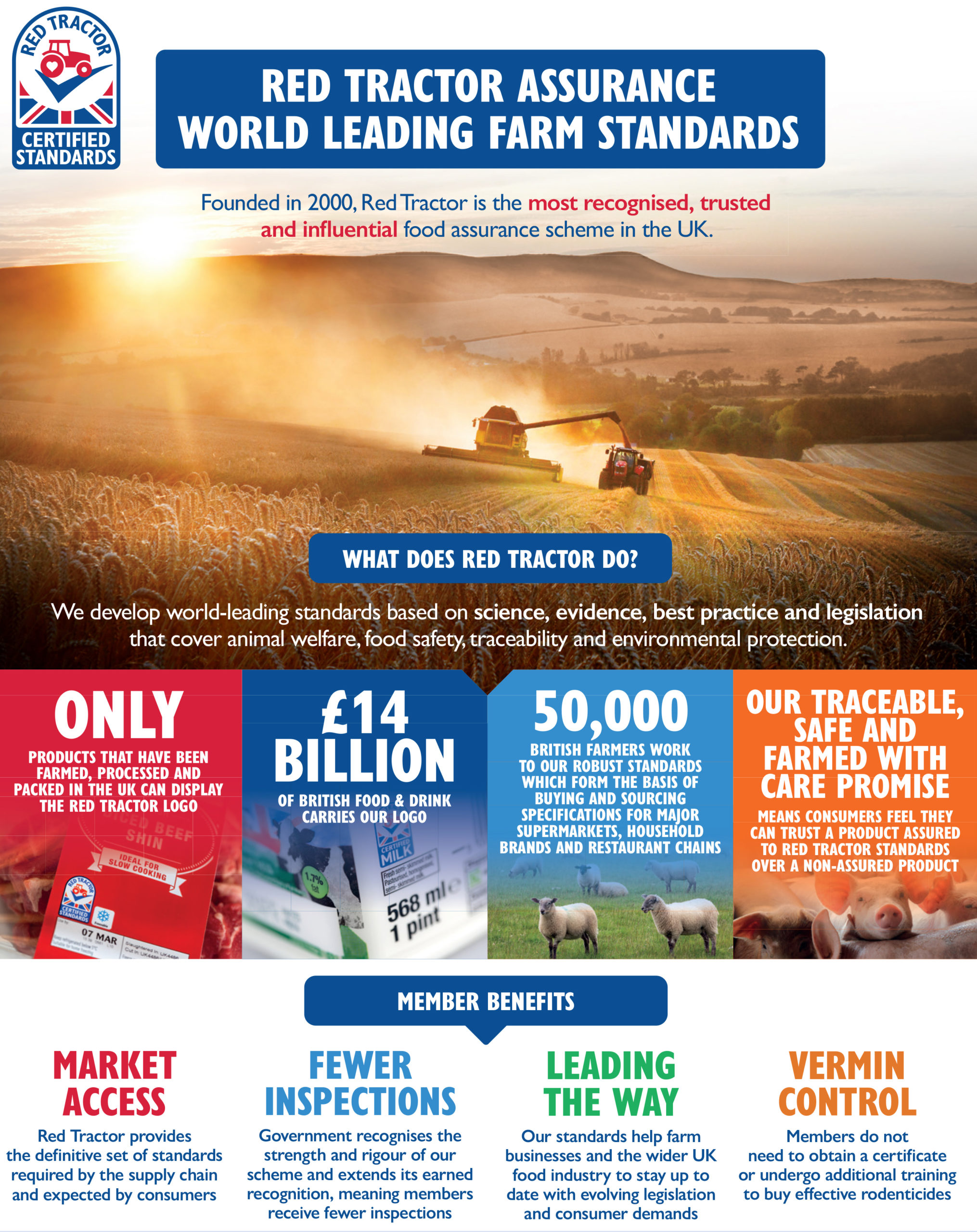Reap the Rewards with Red Tractor
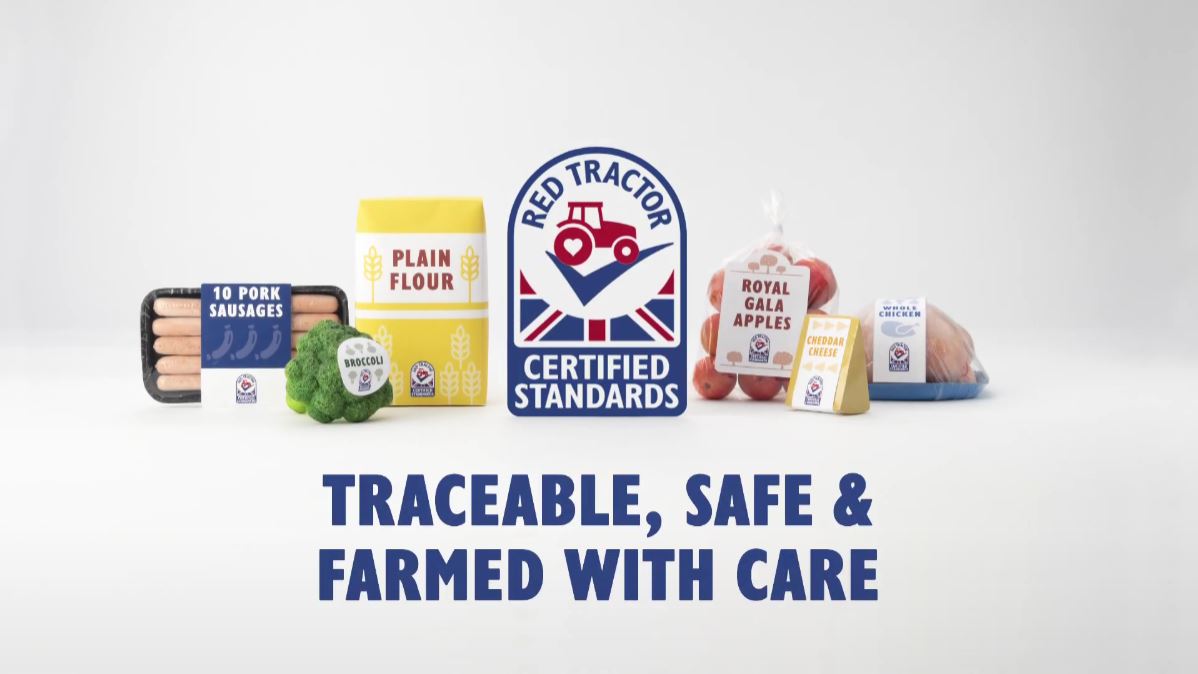
Red Tractor is independently verified as a world-leader in food chain assurance. The scheme’s logo is widely recognised and highly trusted by UK consumers.
The scheme is valued and respected by retailers, caterers, leading brands which use our standards as their buying requirements, and by government which utilises our standards for exports and earned recognition. One assurance accreditation, one fee, one inspection, opens the door to supply UK farming’s biggest customers.
Joining Red Tractor is an opportunity to grow your business, build your reputation, and cut down on paperwork and costs.
What Red Tractor’s credentials mean for members
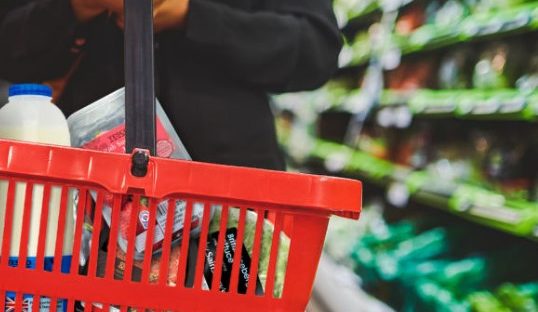
Consumer Demand
76% of UK primary shoppers are aware of the Red Tractor logo. 72% of UK primary shoppers aware of the logo see it as an independent marque they can trust.
source: YouGov Red Tractor Research September 2023.
Market Access
Most food businesses – retailers, caterers and brands – have made it part of their buying requirements, so members get unrestricted access to a wide range of markets.
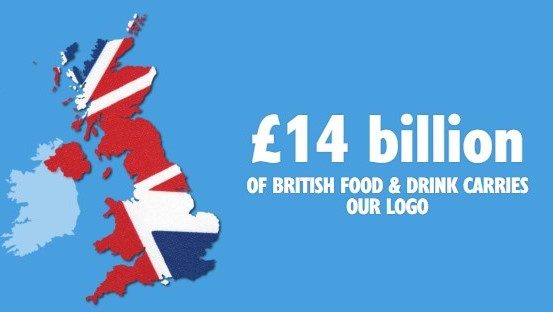
Reputation
In the wake of damaging food scares, Red Tractor was founded with a clear mission to rebuild public trust in the food produced by British farmers. Today, it is Britain’s most-trusted food assurance scheme, with more than three-quarters of shoppers viewing it is as independent and trustworthy.
Compliance with Red Tractor’s standards not only serves to protect the reputation of individual farms, but the entire industry.
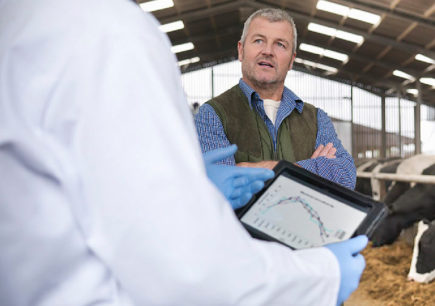
Fewer Inspections
Government recognises the strength and rigour of Red Tractor and extends its ‘earned recognition’, meaning members receive fewer inspections.
Exports
Red Tractor standards underpin many of the UK’s export contracts, which opens new markets for members’ produce.
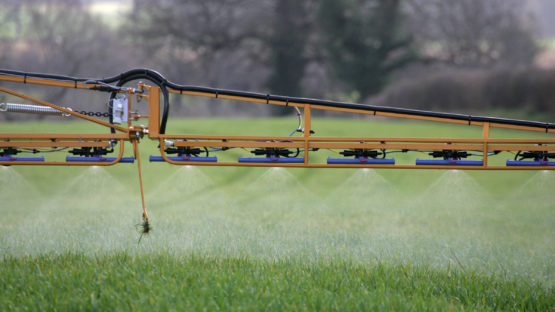
Recognition
Other schemes or programmes acknowledge Red Tractor’s credentials, which means members automatically achieve ‘earned recognition’ and enjoy a range of inclusive benefits:
- The Voluntary Initiative – established to promote the responsible use of pesticides, Red Tractor is the key industry organisation that delivers this initiative. Incorporating these goals within Red Tractor standards provides a verification that farms are adopting Integrated Pest Management (IPM) plans and principles, lessening the likelihood of increased regulation.
- The Campaign for Responsible Rodenticide Use (CRRU) – our rodent control requirements align with CRRU’s Code of Best Practice for the use of rodenticides, meaning members don’t need to undertake additional training before they can purchase rodenticides.
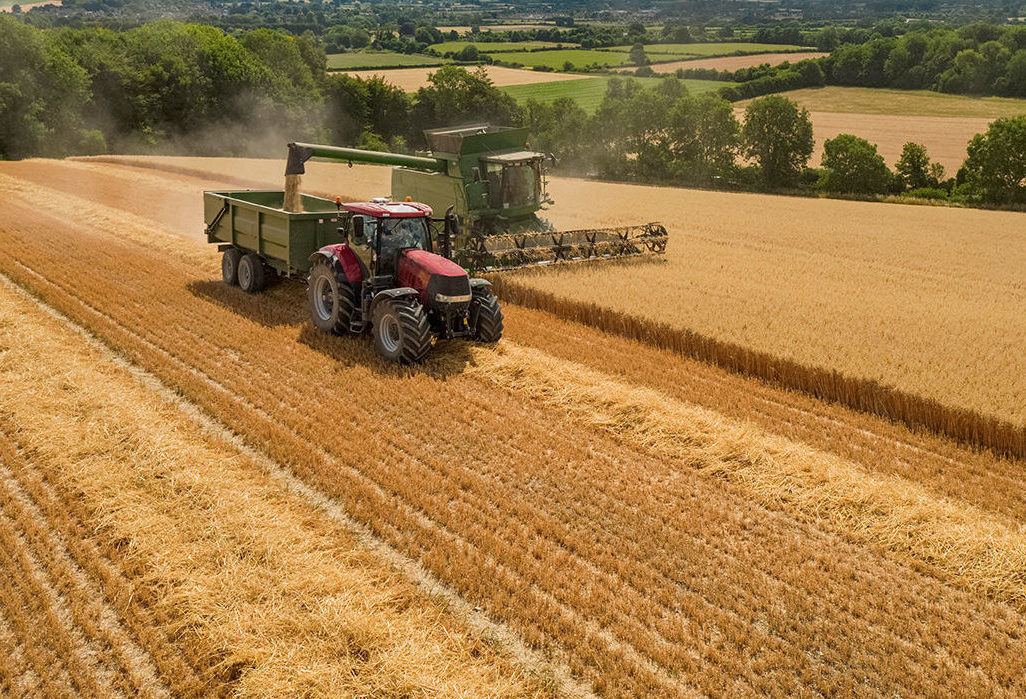
- SAI Platform (Silver) – applicable to fresh produce, combinable crops and sugar beet, many end-customers require to demonstrate their sustainability credentials.
- European Commission – recognises Red Tractor as a voluntary scheme for biofuels. The scheme’s compliance with the EU’s Renewable Energy Directive (RED) automatically grants assured crops producers free access to the growing biofuels market in the UK and across Europe.

Government Earned Recognition Agreements
| Regulation | Agencies | Since | RT farms | Other farms |
| Food Hygiene | Food Standards Agency, Local Authorities | 2006 | 2% inspected per year | 25% inspected per year |
| Feed Hygiene | Food Standards Agency, Local Authorities | 2014 | 2% inspected per year | 25% inspected per year |
| Dairy Hygiene | Food Standards Agency | 2011 | Inspected once every 10 years | Inspected a minimum of every 2 years |
| Animal Health | Animal and Plant Health Agency, Local Authorities | 2012 | 1% may be inspected in random samples | Picked in both random and risk based samples |
| Environmental Permitting Regulations | Environment Agency | 2009 | Joint assessment by CB | Visited twice a year |
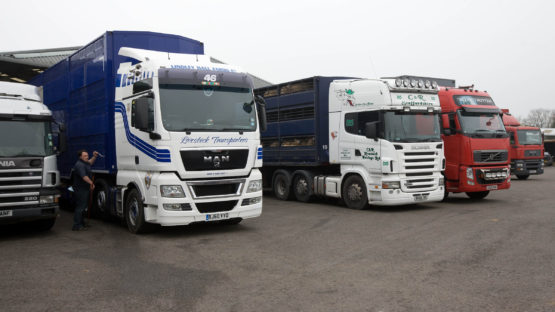
Whole Chain Assurance
The rigour of the Red Tractor’s scheme covers the entire supply chain, meaning farm produce is assured at every stage of its journey to consumers.
Transportation, markets, abattoirs and processors are assessed to make sure the standards met by our farmer members are upheld throughout the entire supply chain. It’s all part of assurance that food is traceable, safe and produced with care.
